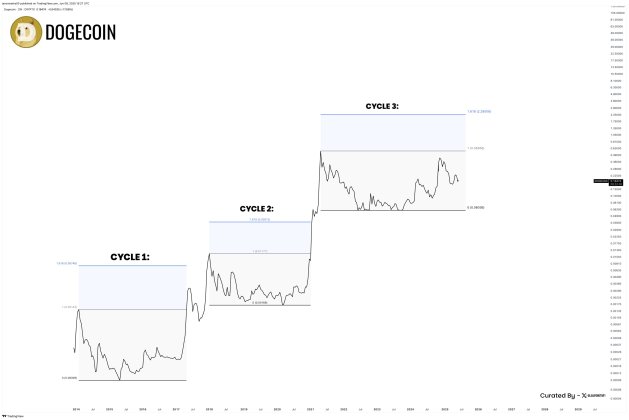
Landmark Ruling: U.S. Bankruptcy Court Denies Crypto Swindler’s Escape Plan
In a significant legal decision, a Texas bankruptcy court has denied Nathan Fuller’s request for a discharge of debts related to a cryptocurrency Ponzi scheme, marking a pivotal moment in the intersection of cryptocurrency and bankruptcy law. Fuller’s attempt to wipe away $12.5 million in debts has not only backfired but also set a powerful legal precedent for future cases involving crypto fraud.
The Case Against Nathan Fuller
Nathan Fuller, the mastermind behind a notorious crypto Ponzi scheme, sought refuge under Chapter 7 of the bankruptcy code, hoping to discharge his substantial debts. However, the court’s recent ruling has effectively slammed the door on his escape plan. Fuller’s case is notable not just for the amount involved but also for the implications it holds for similar cases in the burgeoning and often tumultuous world of cryptocurrency.
What Led to the Court’s Decision?
The court found that Fuller’s actions were not just reckless but also fraudulent. By engaging in a Ponzi scheme, where returns for earlier investors are paid using the capital from newer investors, Fuller violated fundamental principles of honesty and trust in financial dealings. This ruling emphasizes that bankruptcy protections cannot be wielded as a shield against fraudulent behavior.
Implications of the Ruling
This ruling carries significant weight for the crypto community and investors alike. It sends a clear message that attempts to misuse bankruptcy laws to escape the consequences of fraudulent activities will not be tolerated. As cryptocurrency continues to gain traction, the need for legal clarity and protective measures becomes increasingly urgent.
Moreover, this case could pave the way for stricter regulations and oversight in the crypto space. As courts become more involved in adjudicating cases of fraud involving digital currencies, it is likely that we will see a growing body of legal precedent that will shape the future of cryptocurrency regulation.
Looking Ahead
The denial of Fuller’s bankruptcy discharge signifies a turning point in how the legal system views cryptocurrency fraud. Investors and stakeholders in the crypto market should remain vigilant, as the implications of this case could influence the legislative landscape surrounding digital currencies. Additionally, it serves as a reminder of the importance of due diligence when investing in cryptocurrencies, as the risk of fraud remains a significant concern.
As the saga of Nathan Fuller unfolds, it is clear that the courts are taking a firm stance against fraudulent schemes that exploit the cryptocurrency boom. This landmark ruling is a testament to the evolving nature of law in response to the complexities of modern finance.
In conclusion, the Texas bankruptcy court’s decision not only impacts Fuller but also sets a tone for how similar cases will be handled in the future, reinforcing the notion that fraudulent activities will not go unpunished, even in the fast-paced world of cryptocurrency.



